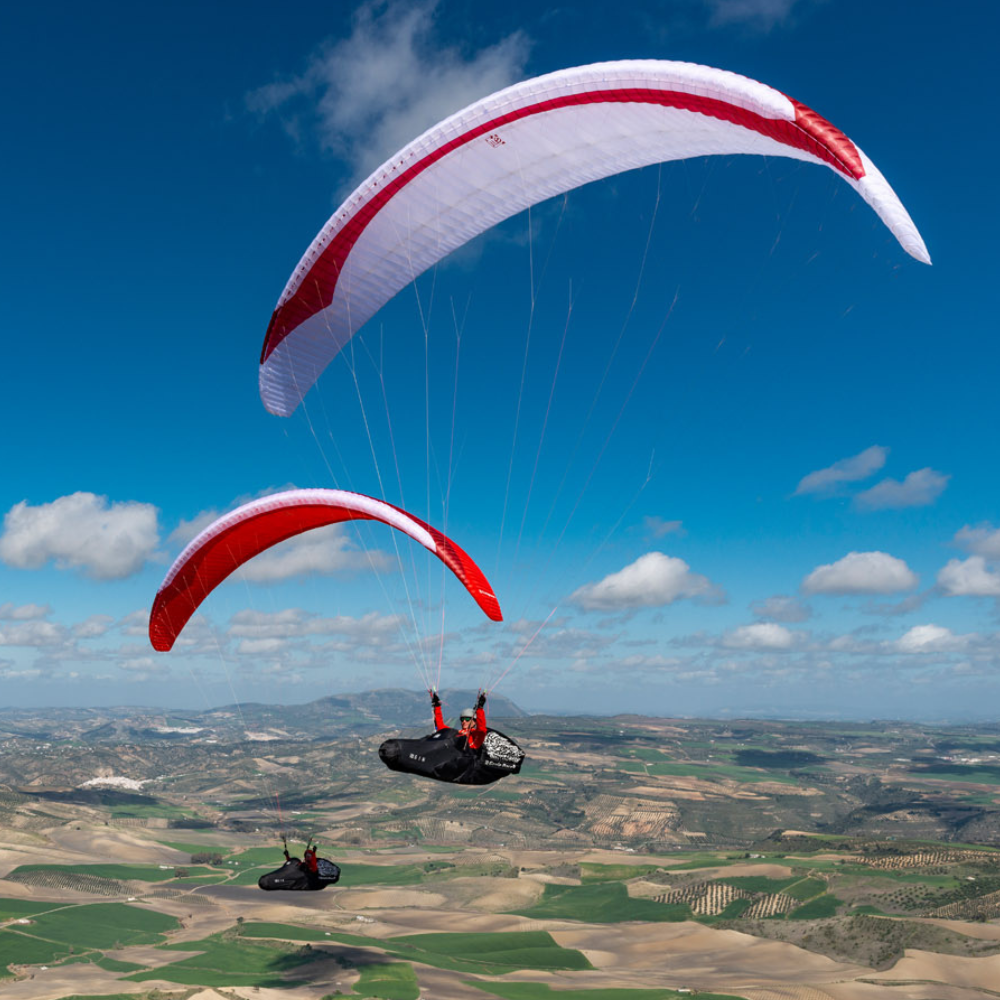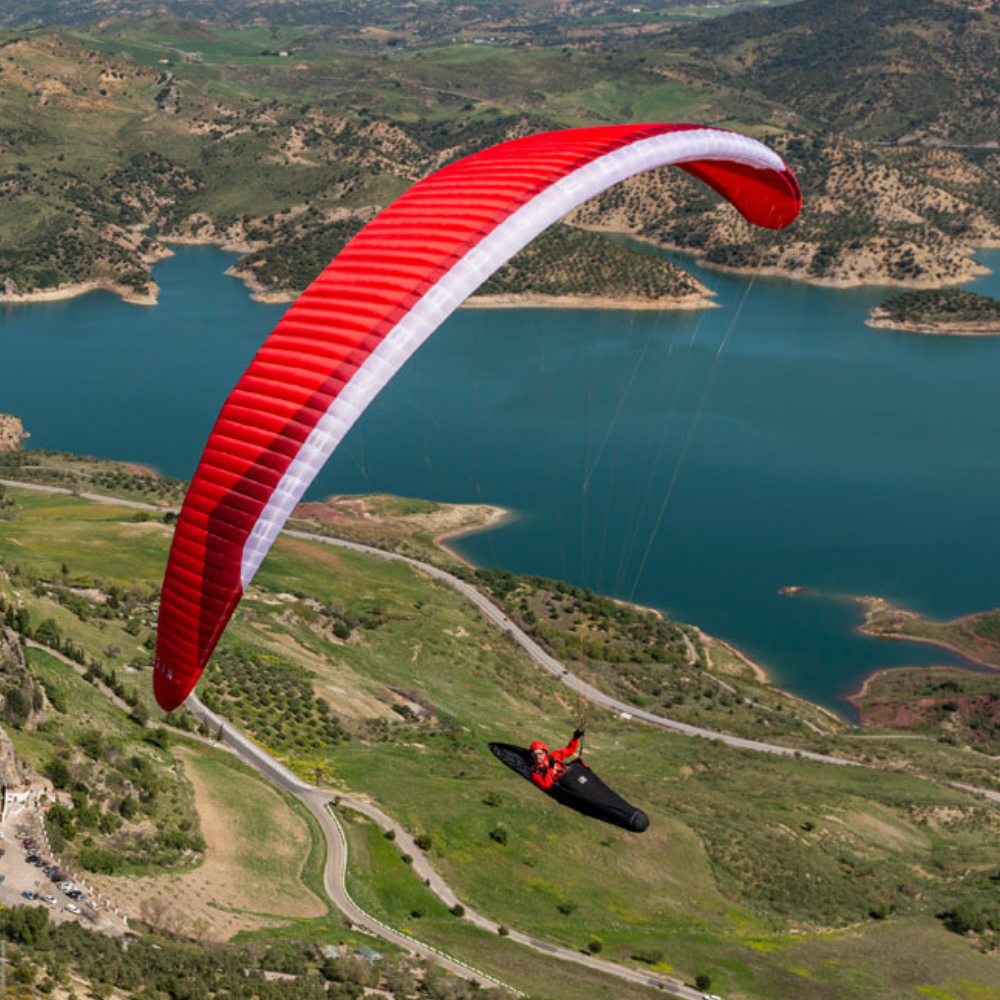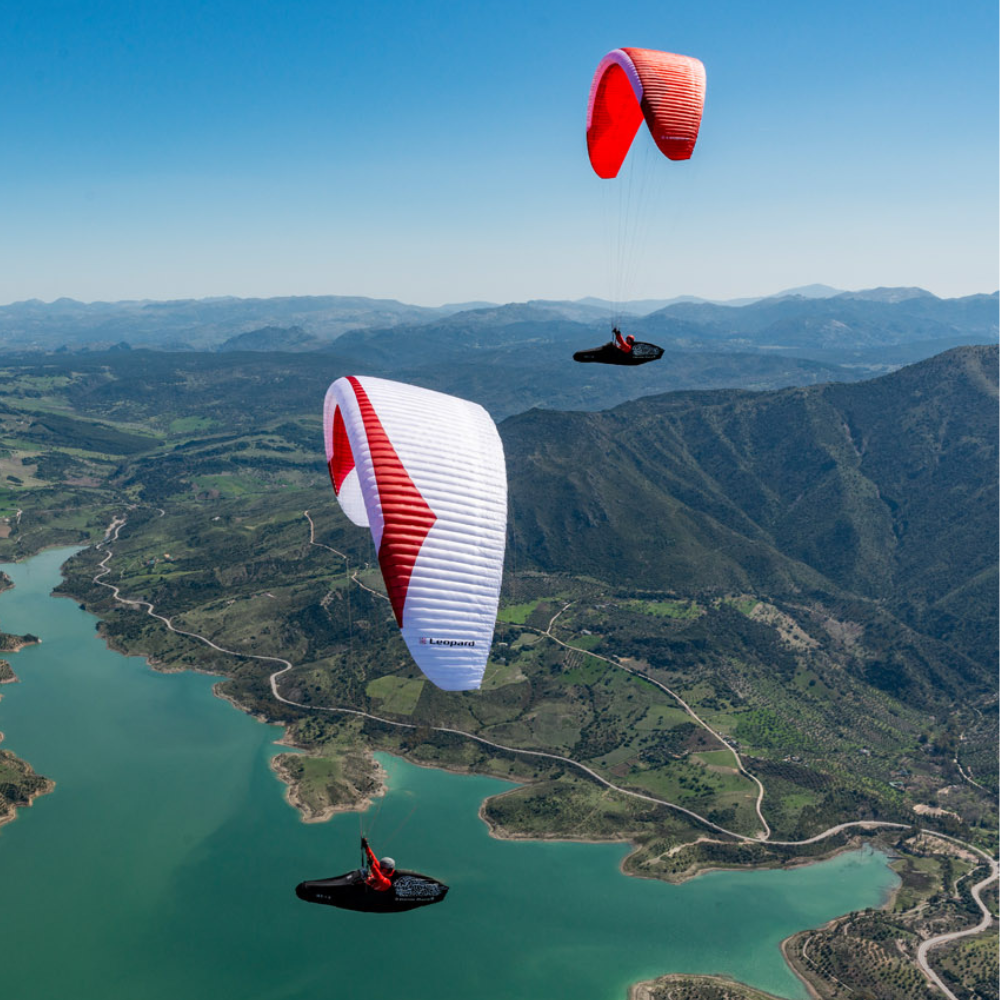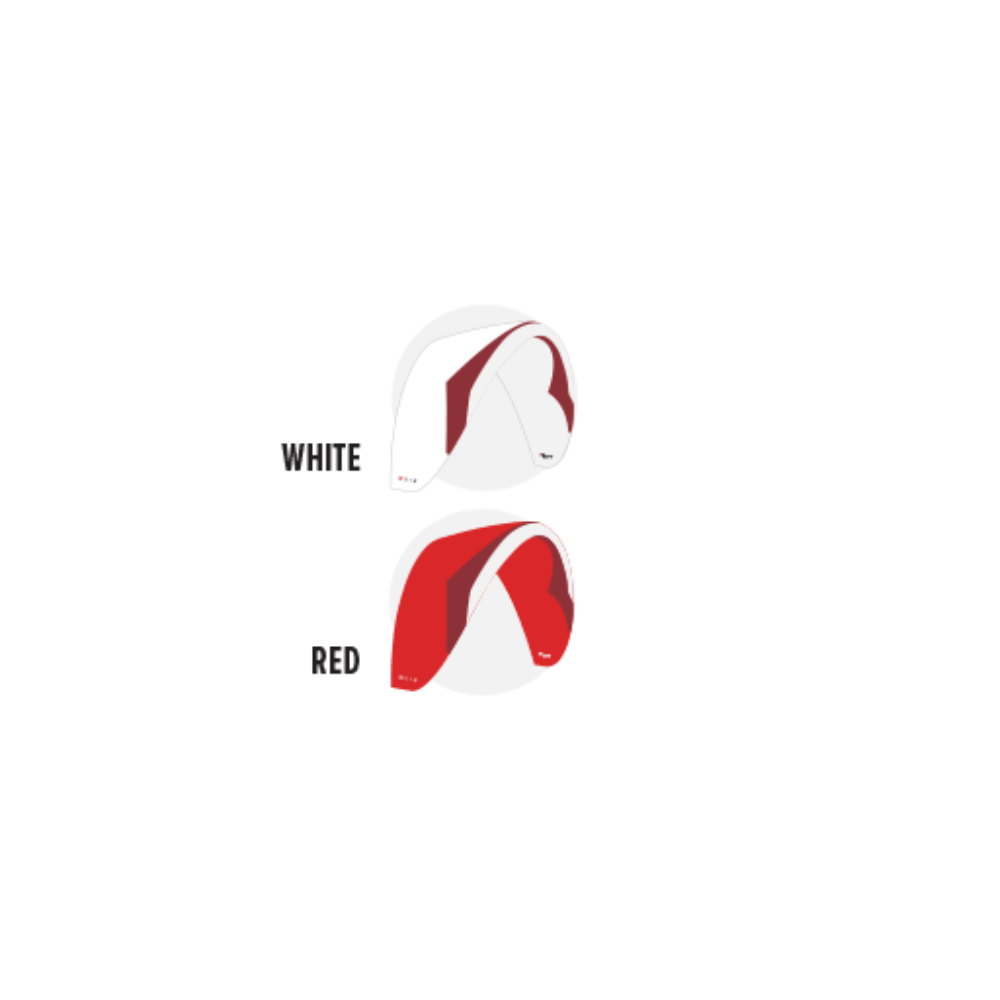Backcountry PPG
Gin Leopard (EN-D)
Gin Leopard (EN-D)
Couldn't load pickup availability
Have Questions?
As you start researching you'll find yourself having more and more questions. Our full-time team is available 7 days a week to answer any question you might have. Please don't hesitate to reach out!
Call or Text - (801) 599-1684
Email - Info@BackcountryPPG.com
PURE PERFORMANCE HAS NEVER FELT SO EASY
The Leopard’s groundbreaking blend of performance and ease will suit both competitive XC pilots and pilots looking to progress to the highest levels of competition flying.
TECHNICAL SPECIFICATIONS
| SIZE | XS | S | M | L |
|---|---|---|---|---|
| Flat area (m2) | 20.5 | 22.32 | 24.22 | 26.7 |
| Flat span (m) | 12.08 | 12.65 | 13.18 | 13.84 |
| Flat aspect ratio (CIVL) | 6.86 | 6.9 | 6.93 | 6.93 |
| Projected area (m2) | 17.56 | 19.14 | 20.8 | 22.93 |
| Projected span (m) | 9.79 | 10.25 | 10.71 | 11.25 |
| Projected aspect ratio | 5.45 | 5.5 | 5.51 | 5.51 |
| Chord (m) | 2.2 | 2.21 | 2.3 | 2.41 |
| Number of cells | 86 | 86 | 86 | 86 |
| Glider weight (kg) | 4.85 | 5.30 | 5.65 | 5.95 |
| Weight range (kg) | 70-88 | 85-102 | 95-112 | 105-127 |
| Certification | EN D | EN D | EN D | EN D |
The Leopard shares its DNA with the Explorer (EN B) and with the Bonanza 2 (EN C). This, combined with our experience of over 8 years of continuous development of 2 liner gliders with the World Cup winning Boomerang series, has enabled us to produce a wing with significantly improved characteristics in several key areas:
Stability
Compared to past 2 liner and high performance wings, the Leopard has greater pitch stability over the entire speed range. In combination with outstanding wing tip stability, the result is a greatly reduced pilot workload in normal flight.
Handling and feel
One of the most outstanding aspects of the Leopard is the way the wing feels solid and cohesive but not stiff – it immediately feels like a whole wing that better connects you with the elements. The turn is precise and well co-ordinated, the wing accelerates towards thermals and pitch stability is first class.
Feedback and “thermal sniffing” behaviour
The Leopard gives smooth yet highly intelligible feedback. On glide, it’s easy to guide the wing towards thermals and lifty lines by feeling pressure differences through the B risers. The wing flies equally well if you just let it fly, it has a tendency to pull towards lift automatically. Once in a climb, the feedback from the glider also helps you stay centred in the core.
DESIGNER NOTES
The Leopard project involved close collaboration between designers Gin Seok Song and Torsten Siegel. Torsten explains:
“The Leopard is the first production 2 liner with our 2nd generation EPT (Equalized Pressure Technology) profile.
More extensive CFD (Computational fluid dynamics) analysis of the whole wing has led to the development of a new profile that significantly improves the lift to drag ratio whilst still maintaining a constantly high internal pressure. The result is increased stability across the entire speed range. In turn, this has enabled better performance, smoother, more responsive handling and a higher top speed.
Besides the new profile, we dedicated a large part of our R&D effort to carrying out research to find a new method to calculate the optimum sail tensioning at all parts along the profile.
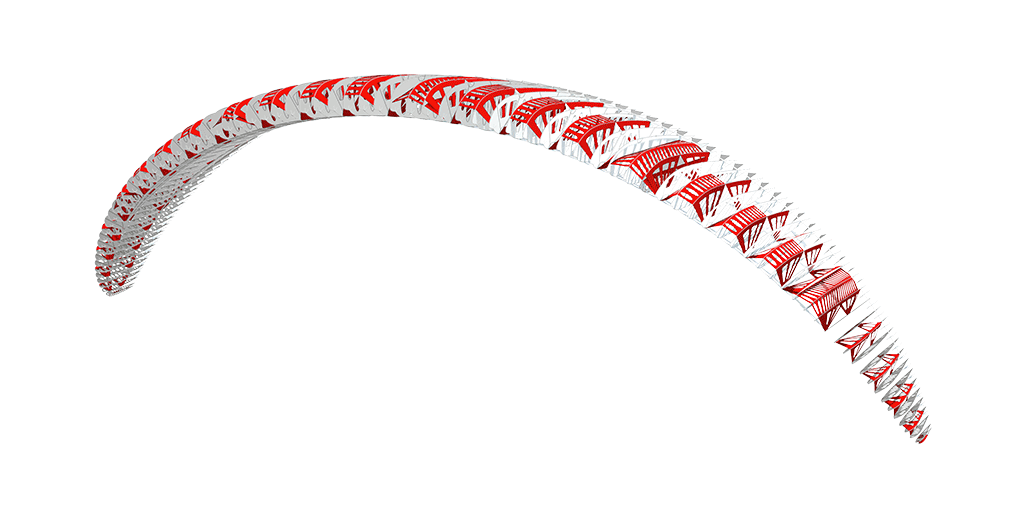
The Leopard has 86 cells, which provides an extremely clean surface with reduced ballooning. We selected a combination of 3 and 4 cell blocks according to the shape of the profile in accelerated flight. This gives a cleaner arc over the whole span and, along with optimized line attachment points, also helps to maintain even sail tension.
Overall, it’s the combination of theoretical advances and practical refinements over 2 years of testing all over the world that the gives the Leopard its unique character. We are confident the wing will appeal to dedicated XC pilots looking for the very best that the EN D category has to offer.”
DETAILS
- Second generation Equalized Pressure Technology (EPT) profile significantly improves the lift to drag ratio (CL/CD) and stability at higher speeds
- 2 line risers with easy B-control
- 86 cells for a cleaner top surface and reduced ballooning
- Optimized mix of 3 and 4-cell blocks
- Cross beams for high stability
- Unsheathed aramid lines
- Mini-ribs on the trailing edge
MATERIALS
Canopy cloth
Upper surface leading edge: Porcher Skytex, 38 g/m²
Upper surface: Porcher Skytex, 32 g/m²
Lower surface: Porcher Skytex, 27 g/m²
Lines
Upper: Edelrid 8000 / U-050 / 070 / 090 (unsheathed aramid)
Middle: Edelrid 8000 / U-050 / 090 / 130 (unsheathed aramid)
Main: Edelrid 8000 / U-050 / 070 / 190 / 230 / 360 (unsheathed aramid)
